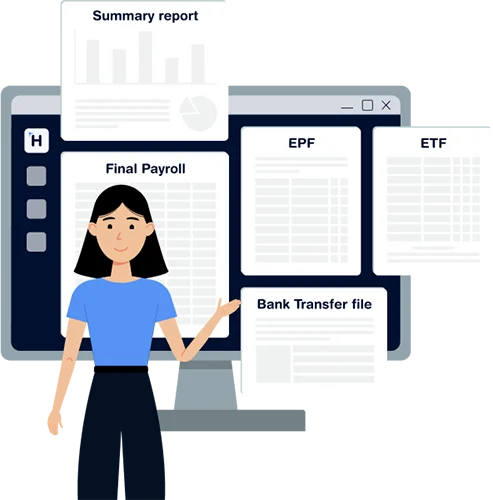Public Holidays
Public holidays, as the name suggests, are holidays mandated by the government. However, your understanding of public holidays and the public holidays as defined in the shop and office act differ, albeit slightly. Public holidays that you see today on a calendar are applicable to government institutions, schools and some private institutions who choose to observe those holidays. Whereas the public holidays that are referred to in the act can be seen under the category of mercantile holidays in a modern calendar. The Holidays Act, which precedes the Shop and Office Act is the reason why a different and larger group of holidays are now referred to as public holidays. Here’s what the Shop and Office Act has said about public holidays.
“Every person employed in or about the business of a shop or office shall be allowed a holiday with full remuneration on each of such days, being public holidays within the meaning of the Holidays Act, as are declared by the Minister, by Order published in the Gazette, to be holidays for the purposes of this section, so however, that number of days so declared shall not exceed nine.”
[Shop and Office Act, section 7(1)]
The act allows the minister of public affairs to gazette the holidays at the beginning of each calendar year. And the number of holidays he can gazetteer should not exceed nine. Employees should be fully remunerated for these days. Typically, the following 8 holidays are annually declared as public holidays (Mercantile holidays on a calendar)
- Tamil Thai Pongal day
- Independence Day
- Day prior to Sinhala and Tamil New Year
- Sinhala and Tamil New Year
- May Day
- Day following Vesak Poya Day
- Milad-Un-Nabi (Holy Prophet’s Birthday)
- Christmas Day
“A person to whom the provisions of subsection (1) apply may, notwithstanding these provisions, be with the prior sanction of the Commissioner, employed for a normal period employment on any day declared to be a holiday for the purpose of this section, but in any such case that person shall instead be allowed a holiday with full remuneration on or before the thirty-first day of December next succeeding, or be paid remuneration for his employment on the day so declared to be a holiday at a rate which is double the rate at which such person is ordinarily remunerated for such employment on any day:”
[Shop and Office Act, section 7(2)]
You can have an employee work on a public holiday if you have gotten prior approval from the commissioner. However, it is indicated that you can only have the employee work a normal period of employment on such a day, hinting that overtime is not an option on a public holiday.
If you do decide to have an employee work on a public holiday, you have to either of these two options to compensate the employee for the public holiday that was rightfully his.
You can allow a holiday with full remuneration on a different day in place of the actual public holiday, but that day should be either on or before the 31st of the same calendar year.
Alternatively, you can pay the employee double the rate for a normal working day, for the service he offered on the public holiday. For example, if he was paid LKR 1,500 per normal working day, he should be paid LKR 3000 for the public holiday he worked.
It is a good idea to reflect such special payments separately as a new pay item in your employee’s payslip. This will avoid any confusion as to whether the employee is fairly compensated for the public holiday worked. In general practice, payroll professionals refer to such payments as double overtime, special overtime or even mention which holiday he was paid for.
“Provided, however, that the Commissioner shall not grant such sanction in relation to any person unless he is satisfied that a holiday cannot, without prejudice to the business in which he is employed, be allowed to him on the day so declared.”
However, you should be prepared to present reasonable evidence/ cause that not working on that public holiday is disadvantageous for your business.
Understanding the intricacies of public holidays under the Shop and Office Act in Sri Lanka is vital for both employers and employees. It’s crucial to follow the guidelines regarding working on public holidays and providing appropriate compensation. Additionally, we will explore the distinctions between public holidays, bank holidays, and mercantile holidays in a future article to provide a comprehensive overview of holiday regulations in Sri Lanka.



